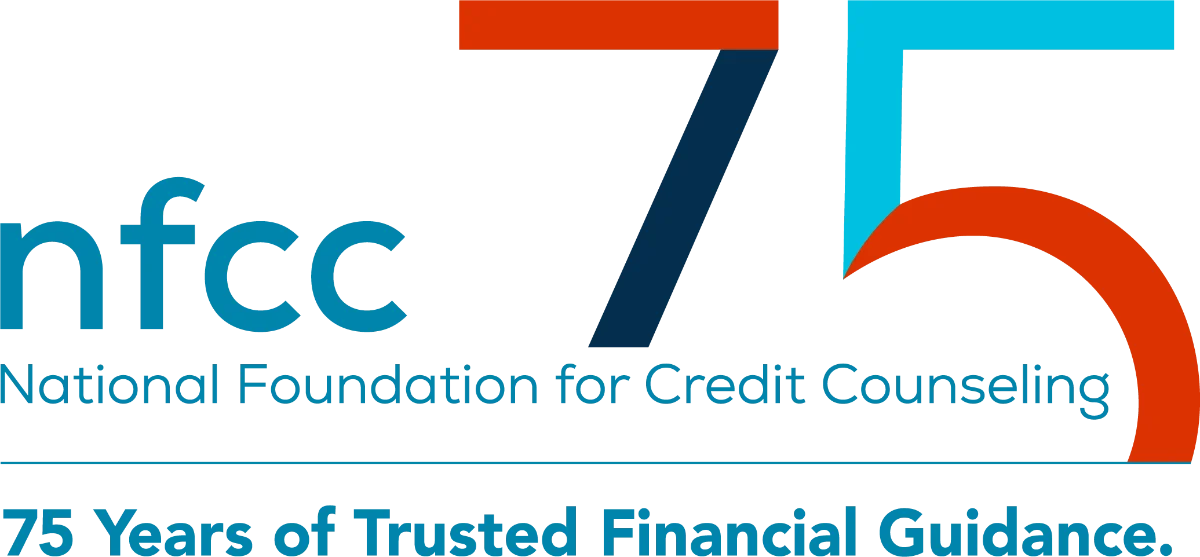Life Without A Credit Card
Do I need a credit card?
Life without a credit card can be inconvenient, but it is certainly possible. Consumers who choose to forego credit may find it hard to achieve certain financial goals, like building up their credit scores, and they might also hit roadblocks while booking travel.
On the other hand, living without credit cards can make it much easier to avoid debt problems and stick to a budget.
When are credit cards required?
For most day-to-day purchases, a credit card is not required. You can often use cash, a debit card or even a mobile payment app like Venmo or Paypal instead of using credit. Some transactions, however, are difficult or even impossible to make without a credit card.
Car rentals
Although it’s possible to rent a car using a debit card, doing so usually means having a hold anywhere from $200 to $500 placed on your funds until the vehicle is safely returned.
Many rental car agencies also perform a credit check on customers who pay with debit. The consequence of the credit check is a hard inquiry into your credit report(s) and the potential loss of a few points from your credit scores.
Hotels
Hotels often have similar credit card policies to car rental companies. Some hotels accept cash but not all, or you may be able to pay with a debit card or prepaid card. However, you’ll probably have to pay a deposit if you don’t have a credit card for your booking.
Online retailers
Avoiding credit cards can limit your purchasing power online. Some online retailers require credit cards for payment, while others accept debit cards or mobile payment apps. Alternatively, the retailer might let you use a loan from a buy now, pay later company like Klarna or Affirm, but these loans often get consumers into financial trouble.
Is cash better than credit cards?
Using cash has its own benefits and challenges. It’s a fantastic option for anyone who struggles to manage credit cards responsibly, but living without a credit card can create other obstacles. Before deciding which payment option to use, keep these pros and cons in mind.
Pros
- Budgeting: With cash, you’re limited to spending the money you’ve earned already, which makes it much easier to stick to a budget.
- Spending less: Using credit cards has been proven to tempt consumers to spend more money at the register. It’s easier to make sound financial decisions when you’re using cash.
- Discounts: Some vendors, such as gas stations, will give you a discount when you pay with cash.
- Avoid the cost of credit: Most credit cards have ultra-high interest rates and come with a variety of fees, including fees for late payments. With cash, you don’t have to worry about any of those expenses.
- Fewer accounts to manage: You don’t have to keep track of credit card accounts or worry about missing payments.
Cons
- Safety issues: Carrying cash can put you in danger of theft or make you a target for thieves.
- Liability: While a lost credit card can be replaced (and unauthorized charges reversed) a lost roll of bills is gone for good.
- Inconvenience: Cash isn’t accepted everywhere, including some medical and dental offices, and you might not be able to get change when you pay with cash.
- Credit score limitations: You can’t build your credit scores as quickly when you use all cash as you can when you use a credit card responsibly.
- No rewards: You’ll miss out on the opportunity to earn credit card rewards, such as cash back or airline miles.
Can you build good credit without a credit card?
According to FICO, you can build good credit without having a credit card. To do this, you’ll have to be strategic about how you use other financial products. Here are a few actions that can help:
- Loans: Use a mix of different loan types, including personal loans, student loans, auto loans or mortgages, and be sure to make all your payments on time.
- Authorized user: Have a loved one with good credit add you to their credit card as an authorized user. When they do this, the account will appear on your credit reports and help your credit scores.
Your old credit card accounts can help you maintain good credit, too. When you pay off credit card debt and then close the accounts, the positive information will remain on your credit reports for 10 years.
Use credit wisely
The ideal solution for your purchases is to have at least one credit card, but to use it selectively. That means using it as little as once a month for a small purchase, and paying off the full balance each month. When you use a card this way, it can be a great credit-building instrument.
But even if you’ve already dug yourself into a hole with credit cards, you can still benefit from putting credit cards away. In fact, you might not ever be able to get out of debt if you keep using credit.
If you’re looking for a way out of credit card debt, professional help is available. A great option is to meet with an NFCC-certified credit counselor. These counselors can help you explore all of your options for paying off debt, including special payment programs like a debt management plan (DMP).
Updated by Sarah Brady



